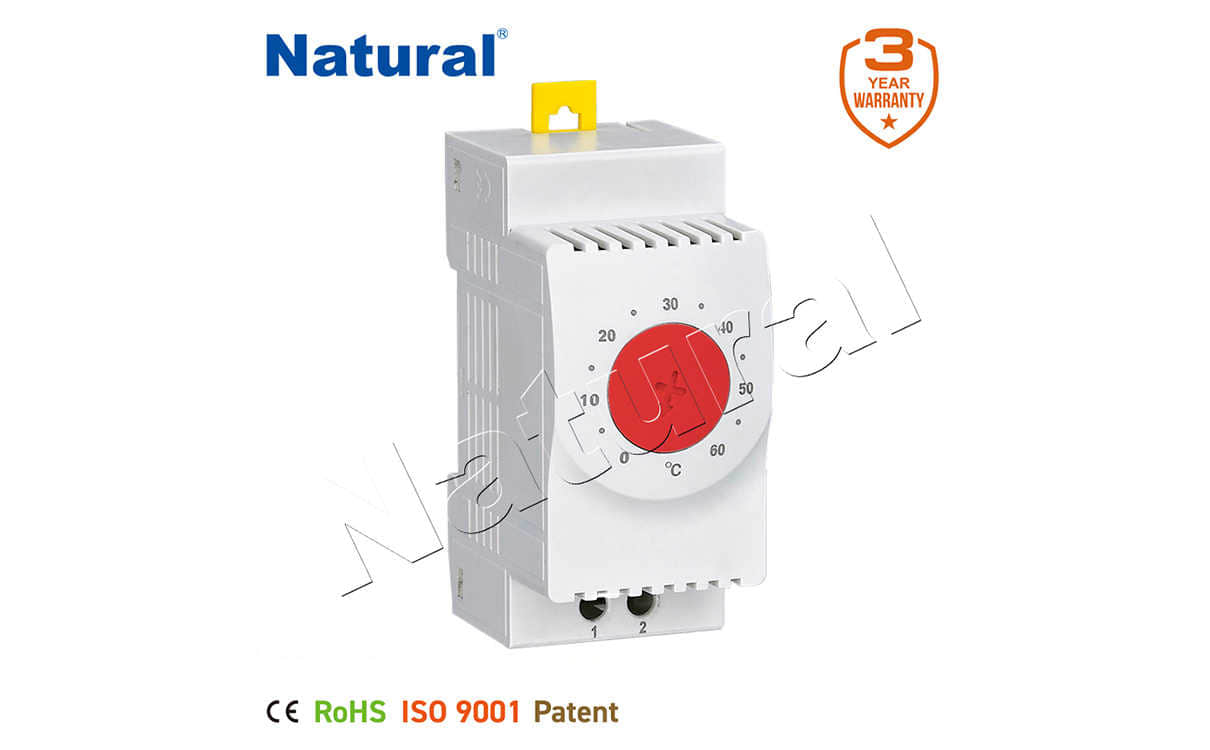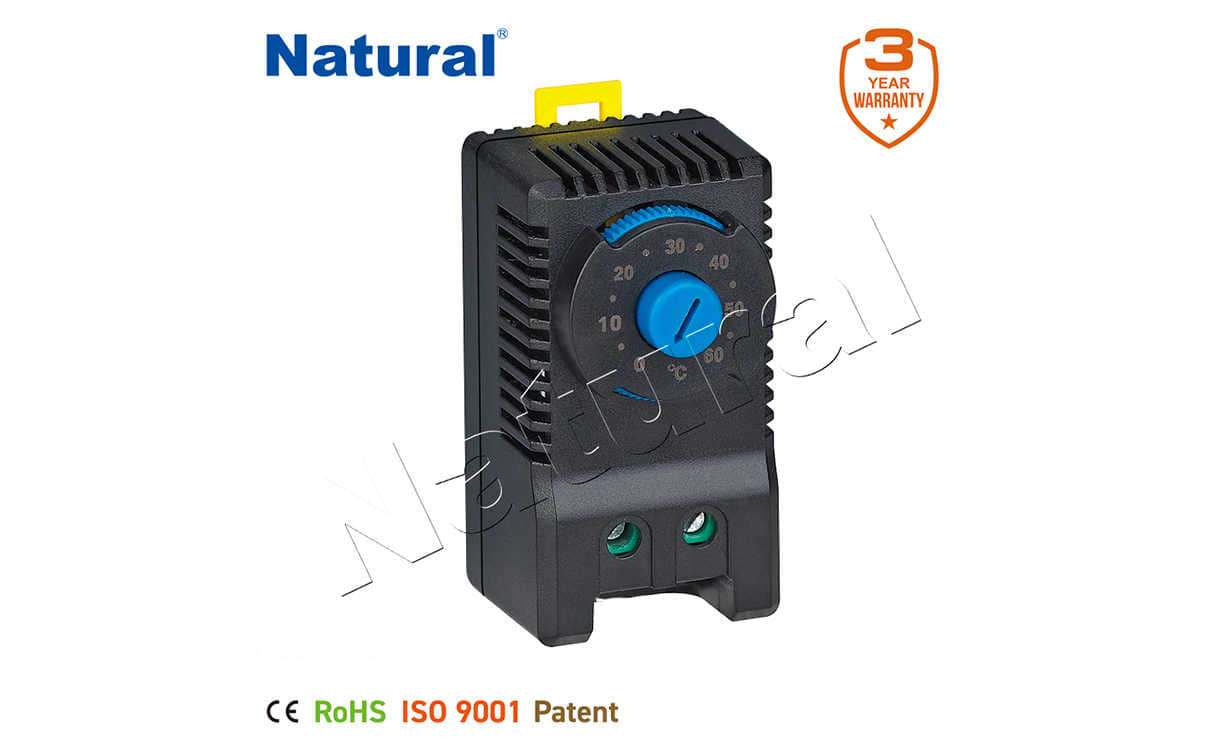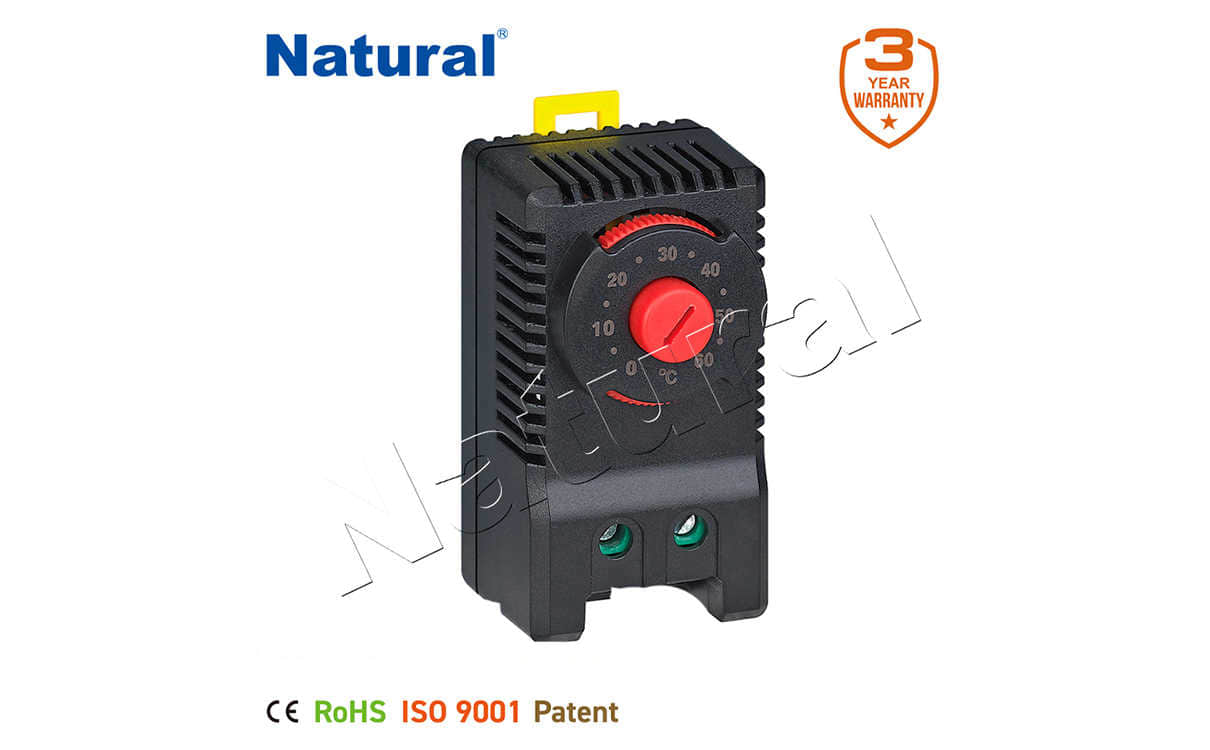the importance of thermostat regulators in modern climate control systems
Release time:2025-06-04 10:44:23
In today's world, where comfort and energy efficiency are increasingly important, thermostat regulators have become an essential component of heating, ventilation, and air conditioning (HVAC) systems. These devices are designed to maintain a desired temperature by controlling the heating or cooling processes in residential, commercial, and industrial environments. Thermostat regulators play a significant role in enhancing energy efficiency, ensuring comfort, and extending the lifespan of HVAC systems. In this article, we will explore the functions, benefits, and technological advancements of thermostat regulators.

What is a Thermostat Regulator?

A thermostat regulator is a device that monitors and regulates the temperature of an environment. It is typically part of a larger HVAC system and operates by sensing the room temperature, comparing it to a set point, and adjusting the heating or cooling output to maintain the desired temperature. Thermostat regulators can be mechanical or digital and vary in complexity, with some offering simple temperature control and others featuring advanced programming options, wireless connectivity, and learning algorithms.
How Thermostat Regulators Work

 28 items Patent
28 items Patent
 28 items Patent
28 items Patent
 28 items Patent
28 items Patent










